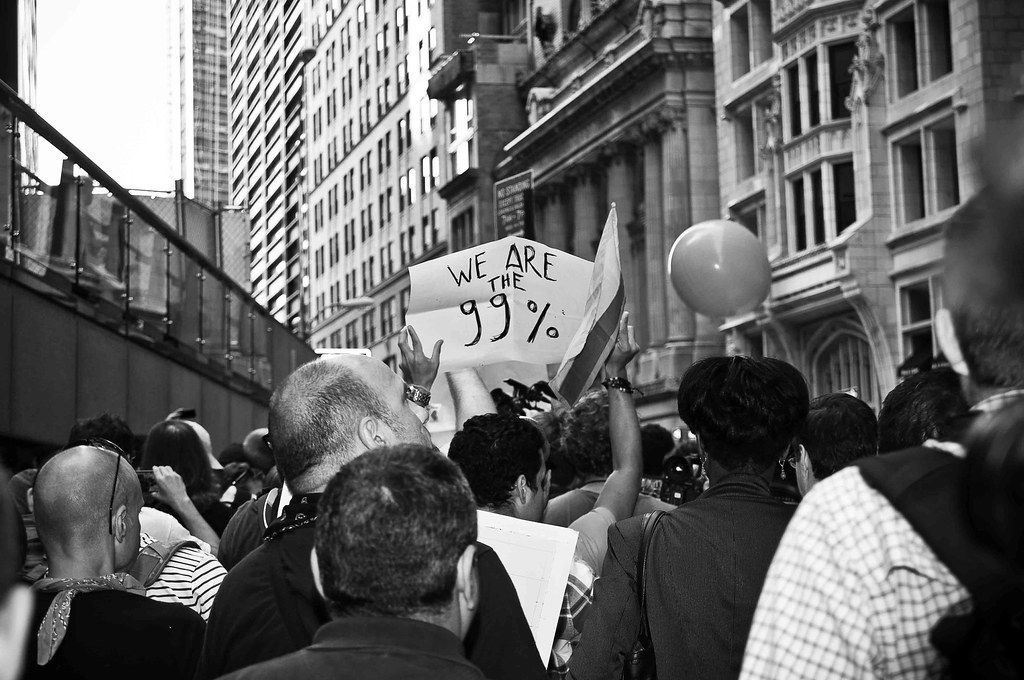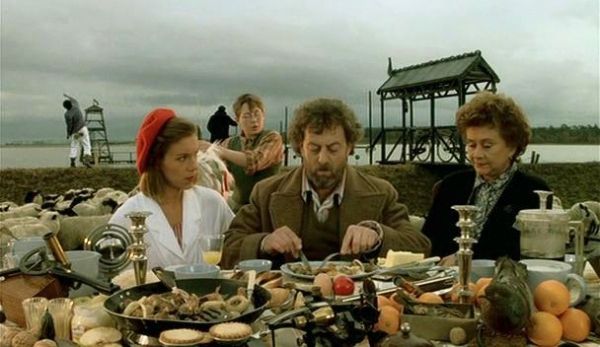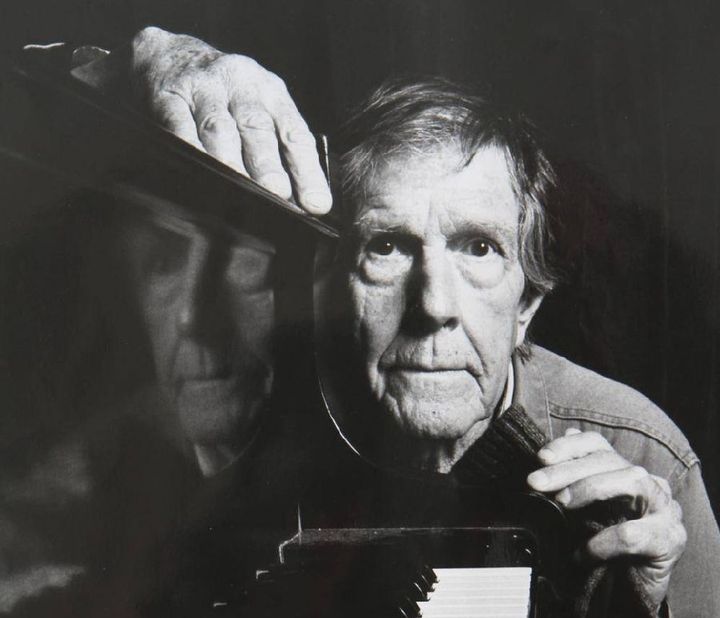We are the 99%
The Daily Haiku of March 15 is inspired by the "Occupy Wall Street" movement and what we could achieve if we all came together to change things in a different way.

The Daily Haiku for March 15. We are the 99%.
We could change it all,
we're the ninety nine percent,
if we only knew...
One of the most exciting movements I've ever witnessed was the "Occupy Wall Street" movement that started in 2011 after the economic meltdown of the late 2000s.
What I liked most about it was the fact that it was a purely modern movement. An angry reaction to the excesses of brutal capitalism, but without the dark overtones of the "isms" of the XX century (communism, fascism, anarquism, etc).
Unfortunately, the movement didn't gain enough momentum to become a solid, stable and lasting entity. But it shook the roots of western societies, and served as a powerful creative spark that ignited brilliant ideas such as cryptocurrencies.
As Joseph Stiglitz famously said in the Vanity Fair article where allegedly the slogan "We are the 99%" was coined:
In our democracy, 1% of the people take nearly a quarter of the nation's income … In terms of wealth rather than income, the top 1% control 40% … [as a result] the top 1% have the best houses, the best educations, the best doctors, and the best lifestyles, but there is one thing that money doesn't seem to have bought: an understanding that their fate is bound up with how the other 99% live. Throughout history, this is something that the top 1% eventually do learn. Too late.
History has proven him right. Thomas Piketty's book "Capital in the XX century" is a fascinating read if only because it allows you to connect the dots between income and wealth inequality and points of social fracture such as revolutions or wars.
Nowadays, New Keyesian economists seem to stick to formulas that, in my opinion -and from my total ignorace, I won't pretend to be an economist here- while ok for the XX century, won't work for the XXI century.
The world is becoming more global, connected, and the individual is becoming more independent and powerful. Nation-states are becoming smaller and subject to international competition. If we want to achieve a fair distribution of wealth today, we can't punish wealth with progressive tax rates. Demonizing wealth per se only leads to a mass of subsidized citizens whose biggest aspiration is to get a mediocre job for the government.
Instead, we need to empower the individual to get equal opportunities for creating wealth. We need to give everybody the tools to compete as a small fish in an ocean full of whales and sharks.
When the 99% can decide the rules of the game as much as the 1%, and wealth is not merely inherited, but can be built by anybody, then we'll manage to reverse these percentages.
Now, that of course is as radical as the John Lennon song I talked about two haikus ago. For the status quo, it is better to have a powerless mass of people fighting for a mediocre and dull (but stable) job that allows them to buy the iPhone and go to the mall on Sundays with the family.




Comments ()